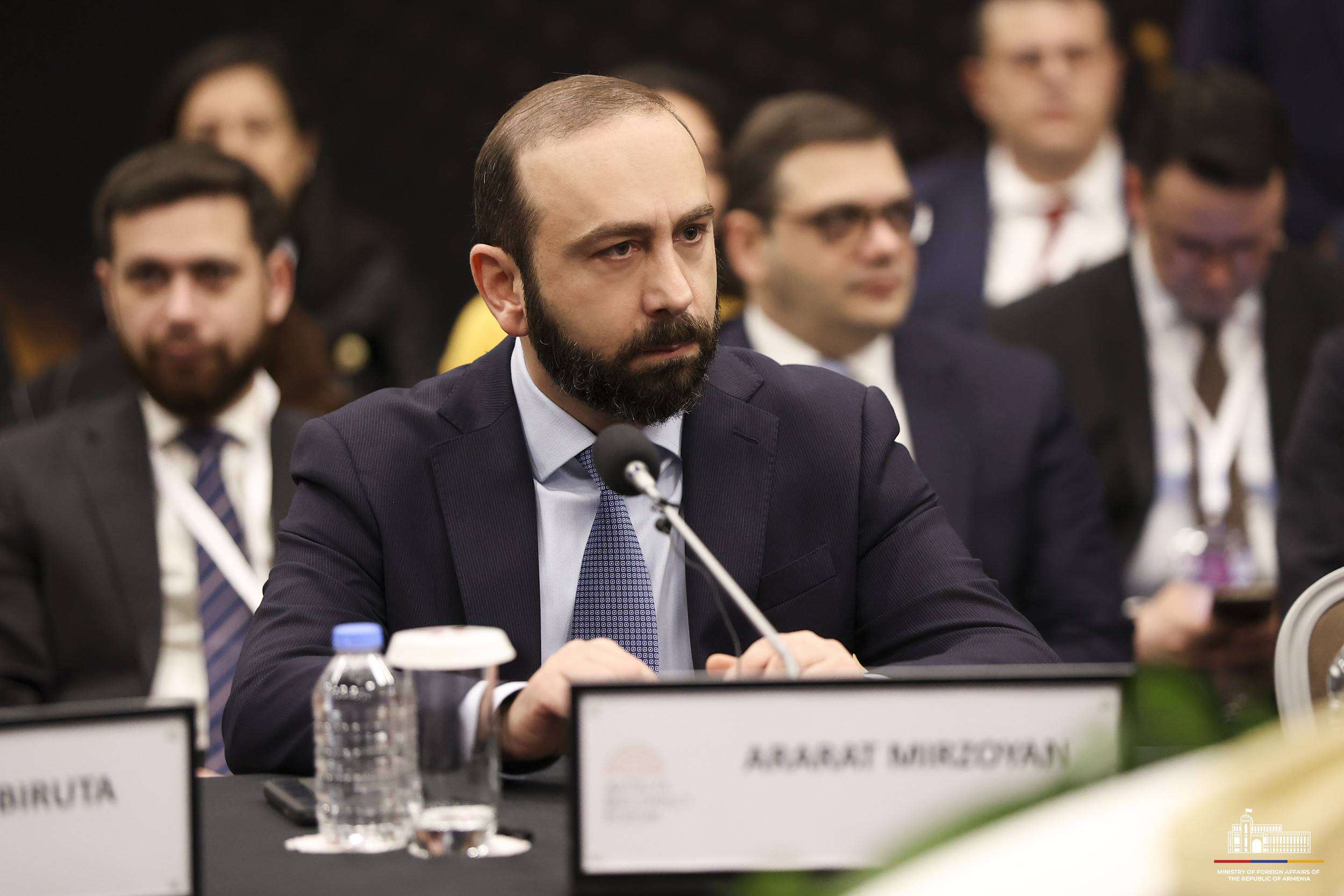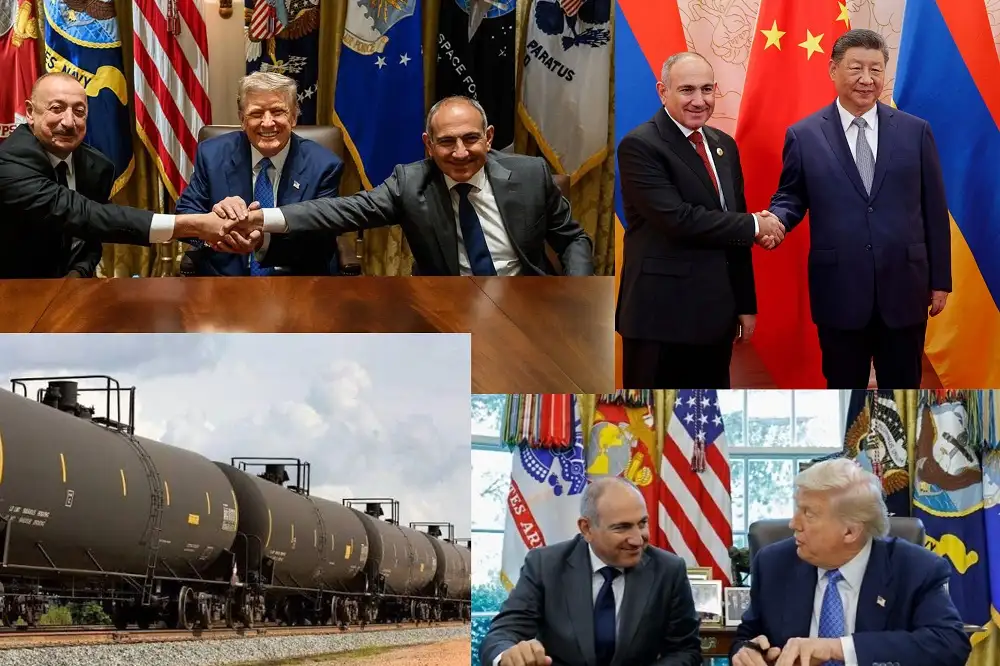On March 2, within the Antalya Diplomatic Forum, the Minister of Foreign Affairs of the Republic of Armenia, Ararat Mirzoyan, participated in the panel discussion on "International Trade, Relations, and Interdependence." Minister Mirzoyan gave a speech in which he specifically stated:
"The perception of our efforts to expand connectivity, international trade, and transit is that it will increase people-to-people contacts, deepen interdependence, and benefit from an economic perspective. Being a landlocked country, we in Armenia better understand the importance of international trade and connections. We are landlocked and have an open border with only two of our four existing neighbors. Our borders with the other two neighbors have been closed for almost three decades, but this is another topic for discussion. For this discussion, it will be enough to mention that we are negotiating with our two neighbors on establishing relations and opening borders.
As I mentioned, the problem has two components: economic and political. As I have already mentioned, increasing interdependence is beneficial not only from an economic point of view but also leads to interdependence, which in turn becomes a significant factor on the way to peace.
Developing the theme of regional connectivity, Minister Mirzoyan added:
"We believe this can play a decisive role in our region, and we want to be involved in regional transit routes, trade, etc. For this purpose, we developed the "Crossroads of Peace" program, from the title of which you can already understand that it is not only of an economic nature but, as I mentioned, it can guarantee potential peace in the region. We see four necessary conditions for opening these infrastructures, and I will present them now. Based on fair claims, they can be the basis for the implementation of regional programs.
Thus, the first principle is that the unblocked infrastructures must remain under the state's sovereignty through whose territory they pass. This may seem natural, but when it comes to our region, details matter.
The second principle is that all infrastructure must operate according to the states' national legislation. I also want to mention the possible facilitation of these processes. We live in the 21st century and must make processes more manageable. So, if there is political will, we can always find solutions.
The unblocking of regional infrastructure should occur based on equality and reciprocity principles. For example, I cannot ask my Iraqi counterpart to use his country's railways while refusing to reciprocate. Thus, there are areas on which we can work together if there is political will, and we, Armenia, are more than ready," Mirzoyan noted.




















